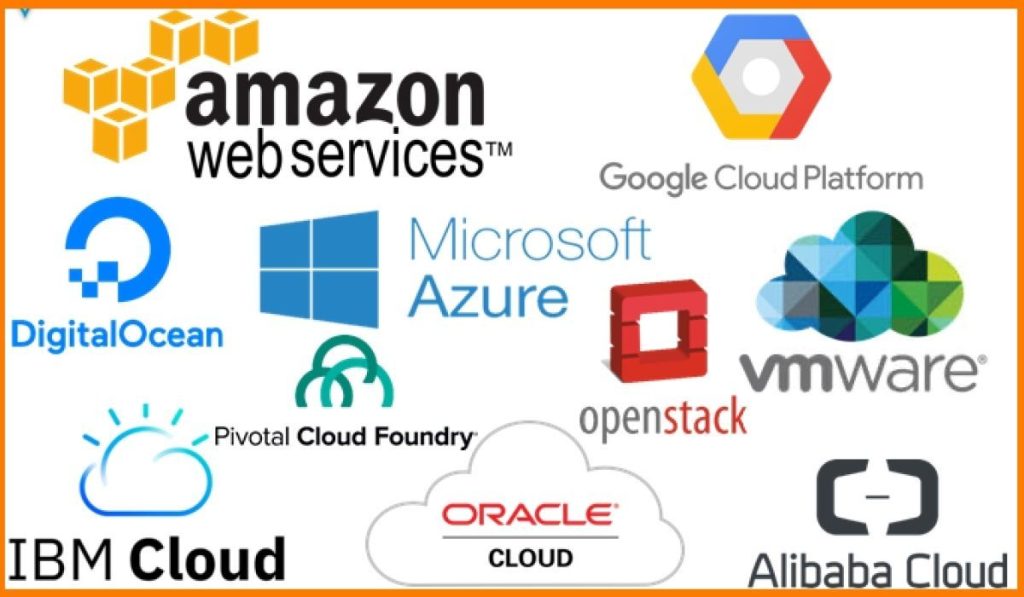In today’s digital landscape, the public cloud reigns supreme. It offers convenience, scalability, and a seemingly endless array of services. But beneath the glossy surface of ease lies a crucial question: are you truly comfortable handing over the keys to your digital kingdom – your applications and, more importantly, your data – to a third party?
For a growing number of individuals and businesses, the answer is a resounding “no.” They are choosing to step away from the public cloud and embrace the world of self-hosting. While it might sound daunting, self-hosting offers a compelling set of advantages, particularly when it comes to control, privacy, and long-term cost-effectiveness.
Reclaiming Your Digital Sovereignty: The Benefits of Self-Hosting
Moving away from the public cloud and self-hosting your applications can unlock several significant benefits:
- Unparalleled Control: This is perhaps the most significant advantage. When you self-host, you have complete control over your hardware, software, configurations, and updates. You dictate how your applications run, how your data is stored, and who has access to it. No more waiting for a provider to implement a feature you need or being forced into upgrades that don’t suit you.
- Enhanced Privacy and Security: This is a major driving force for many self-hosters. You are in charge of implementing your own security measures, tailored to your specific needs. You decide where your data resides physically, reducing the risk of jurisdictional issues and unauthorized access by cloud providers.
- Long-Term Cost Savings: While the initial setup might involve some investment in hardware, self-hosting can be significantly cheaper in the long run, especially for stable workloads. You avoid recurring subscription fees that can escalate as your usage grows.
- Customization and Flexibility: You can tailor your environment precisely to the needs of your applications. Want to run a specific version of a software or integrate with niche hardware? Self-hosting gives you that freedom.
- Learning and Empowerment: Self-hosting is a fantastic way to deepen your understanding of how systems work. You’ll gain valuable technical skills and a greater appreciation for the infrastructure that powers your digital life.
- Reduced Vendor Lock-in: By self-hosting, you avoid being tied to a specific cloud provider’s ecosystem. You can choose the best tools and technologies for your needs without worrying about compatibility issues or the difficulty of migrating later.

The Hidden Costs of Convenience: Risks of Entrusting Your Data to the Cloud
While the public cloud offers undeniable convenience, it’s crucial to understand the inherent risks associated with handing over your private data to cloud companies:
- Data Breaches and Security Vulnerabilities: Despite the robust security measures employed by cloud providers, they are still prime targets for cyberattacks. A single breach can expose the sensitive data of thousands or even millions of users. While providers invest heavily in security, the sheer scale of their operations presents a larger attack surface.
- Lack of Control Over Data Location and Jurisdiction: Your data might be stored in data centers located in different countries, subject to varying legal jurisdictions. This can raise concerns about data privacy and government access. You might not always know exactly where your data resides or under whose laws it falls.
- Potential for Unauthorized Access and Surveillance: While cloud providers have policies against accessing user data, there have been instances and concerns raised about potential government surveillance or internal misuse of data. The fact that your data is held by a third party inherently introduces a level of trust that might be misplaced.
- Dependency and Vendor Lock-in: Once you’re deeply integrated into a specific cloud platform, migrating your data and applications can become incredibly complex and expensive. This vendor lock-in can limit your future choices and bargaining power.
- Service Outages and Business Continuity Risks: Cloud services, while generally reliable, are not immune to outages. These disruptions can impact your access to your applications and data, potentially causing significant business disruptions. You are reliant on the provider’s infrastructure and their ability to recover from failures.
- Privacy Policy Changes and Data Usage: Cloud providers can change their privacy policies, potentially altering how they collect, use, and share your data. You are often at the mercy of these changes, with limited control over how your information is handled.
- The “Black Box” Problem: Understanding exactly how your data is being processed, secured, and managed within the complex infrastructure of a cloud provider can be challenging. The lack of transparency can be concerning for those who value knowing the intricacies of their data handling.
Making the Leap: Getting Started with Self-Hosting
Moving away from the public cloud doesn’t have to be an all-or-nothing endeavor. You can start small by self-hosting specific applications or services that are particularly sensitive or critical to you. Here are a few examples:
- File Storage and Syncing: Nextcloud, ownCloud
- Password Management: Bitwarden, Vaultwarden
- Website and Blog Hosting: Setting up your own web server
- Email Server: While more complex, it offers ultimate control over your email.
- Home Automation: Home Assistant
The journey of self-hosting involves learning new skills and taking on more responsibility. However, the benefits of increased control, privacy, and long-term cost savings can make it a worthwhile endeavor for those seeking greater digital sovereignty. As you explore the possibilities, remember that the power to manage your own digital world lies within your reach.
